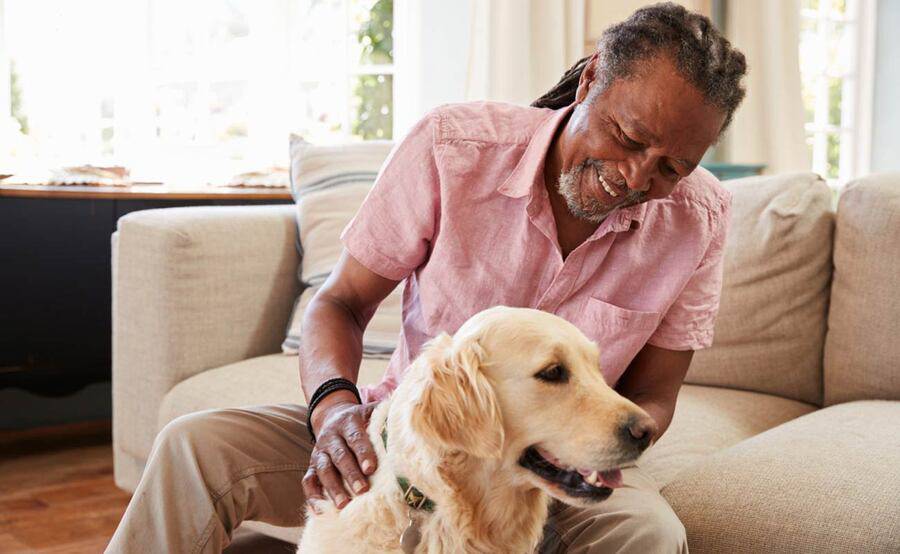About 85% of lung cancers are non-small cell lung cancer, making it the most common type of lung cancer. There are several subtypes of non-small cell lung cancer that start from different types of lung cells, but their prognosis and treatment are similar. The most common subtypes are adenocarcinomas, squamous cell carcinomas and large cell carcinomas.
Adenocarcinomas
Adenocarcinomas start in early versions of the cells that secrete substances (such as mucus) and represent about 40% of lung cancers. This subtype mainly affects current or former smokers, but is also the most common type of lung cancer in non-smokers. It affects more women than men, and is more common in young people than other types of cancer.
Squamous cell (epidermoid) carcinomas
Squamous cell carcinomas start in early versions of flat cells that line the airways in the lungs (called squamous cells). They make up about 25% to 30% of all lung cancers. Usually found in the central part of the lungs near a main airway, these cancers are often associated with a history of cigarette smoking.
Large cell carcinoma
Large cell carcinoma occurs anywhere in the lungs and makes up about 10% to 15% of lung cancers. It tends to grow and spread quickly. Large cell neuroendocrine carcinoma is a subtype of this cancer type.




